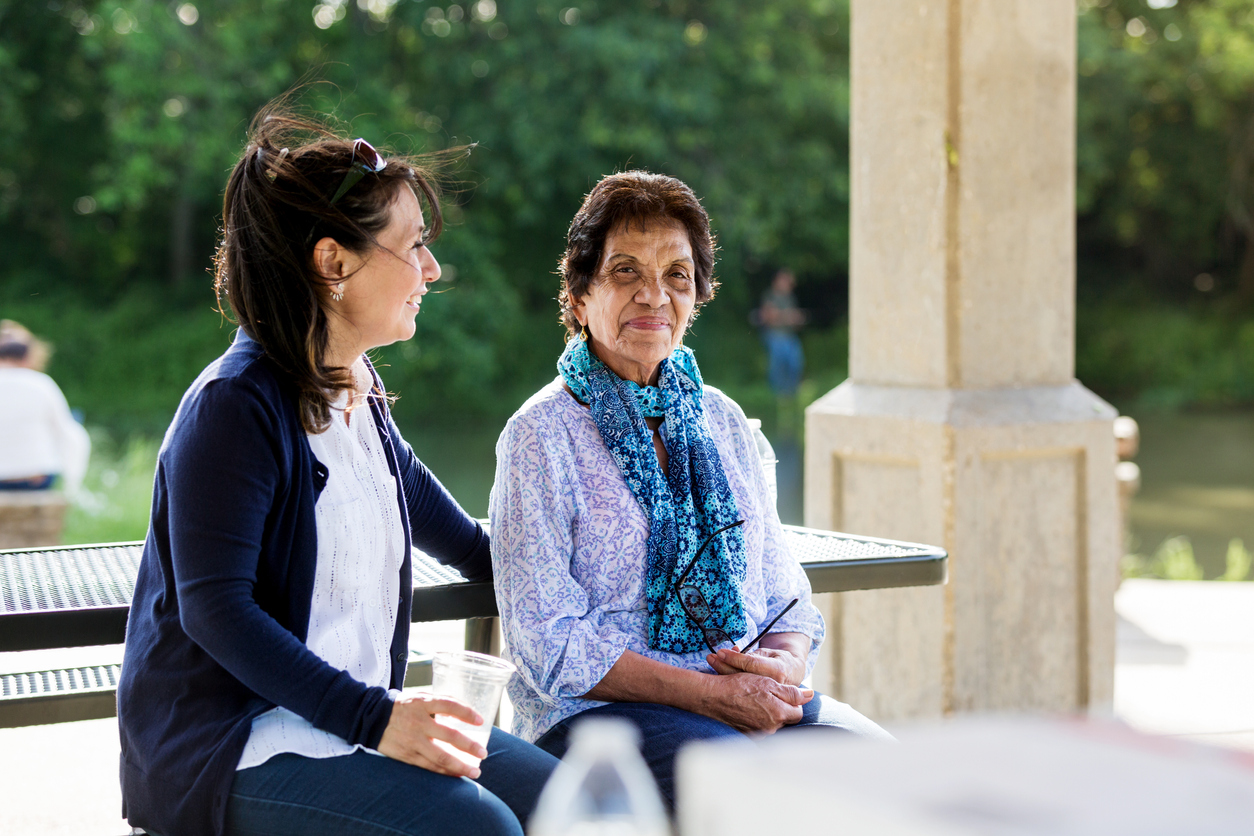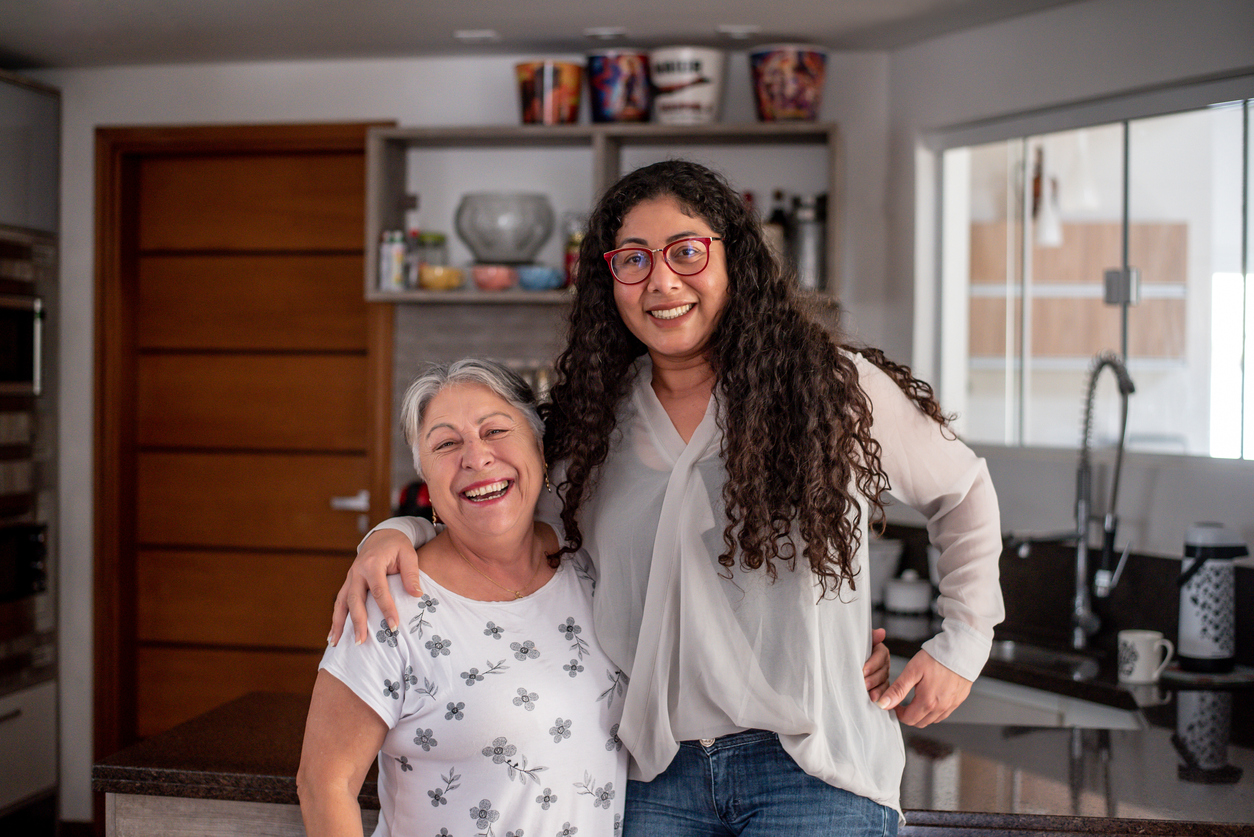Mental illness encompasses various conditions affecting one’s thoughts, feelings, and mood, making daily self-care challenging. Unfortunately, stereotypes often hinder conversations about mental health in older adults, leading to misunderstandings. Assumptions like “Old people are just stubborn” or “He’s become mean as he’s aged” cause many to dismiss mental illness in older adults. As caregivers, it’s crucial to differentiate mental illness from normal aging and provide effective support when needed.
Signs of Mental Illness in Older Adults:
The symptoms of mental illness can vary, but some common signs include changes in personal hygiene, concentration issues, appetite fluctuations, feelings of worthlessness, short-term memory loss, and social withdrawal. Recognizing these signs is crucial in providing timely assistance.
Common Mental Illnesses Among Seniors:
Generalized anxiety disorder and depression are two common mental health issues affecting older adults. Generalized anxiety disorder causes ongoing anxiety and can manifest as physical symptoms like headaches and insomnia. Depression, characterized by persistent sadness and loss of interest, and may be worsened in older adults by social isolation, chronic pain and the death of peers and loved ones.
Both depression and generalized anxiety disorder can cause similar symptoms to those seen in dementia, so it’s important to consult with a physician to get an accurate diagnosis.
Dos and Don’ts for Caregivers:
Supporting a loved one with mental illness requires sensitivity and empathy. As caregivers, follow these dos:
- Be respectful and attentive
- Offer support and let your loved one know you will be there to help them
- Acknowledge their feelings and fears, even if you don’t fully understand
- Build a trusting relationship for open communication
- Stay calm to avoid escalating their distress
- Share your genuine concerns
- Seek professional medical advice when needed
Avoid these don’ts:
- Using aggressive body language
- Assuming cognitive impairment or substance abuse is the cause of their behavior without consulting a doctor
- Blaming your loved one for their mental health struggles
- Changing behavior drastically around them due to their illness
Mental Health Resources:
In mental health emergencies, seek immediate help by calling 911 or the National Suicide Prevention Lifeline at 1-800-273-8255. For less severe situations, the SAMHSA Treatment Referral Helpline at 1-877-726-4727 can provide information on available mental health services in your area. Consider mental and behavioral health services offering counseling and treatment for ongoing support.
Understanding mental illness in older adults is essential to provide adequate care and support. By recognizing the signs, following dos and don’ts, and seeking appropriate resources, caregivers can play a crucial role in their loved ones’ well-being and mental health.



